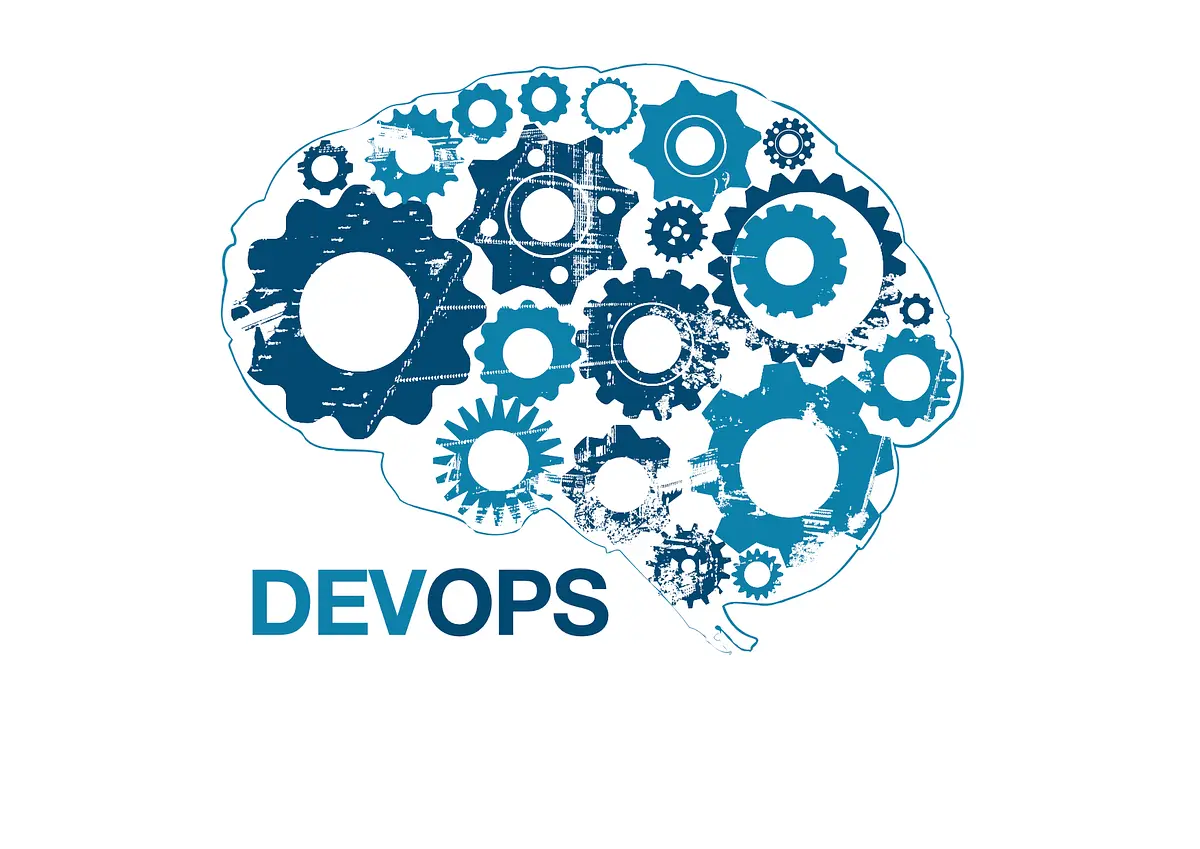In the rapidly evolving landscape of software development, the role of DevOps has become increasingly crucial. DevOps practices emphasize collaboration, automation, and integration between software development and IT operations teams to deliver high-quality software products efficiently. With the changing technology landscape, staying updated on the latest DevOps tools is essential for professionals looking to enhance their skills and drive success in their projects. In this comprehensive guide, we will explore the top DevOps tools that professionals should consider learning in 2024 to stay ahead of the curve.
The Importance of Continuous Integration and Continuous Deployment
Continuous Integration (CI) and Continuous Deployment (CD) are crucial practices in modern software development. CI involves automatically integrating code changes from multiple developers into a shared repository multiple times a day. It helps catch integration errors early and ensures that the codebase is always in a deployable state. On the other hand, CD automates the process of deploying code changes to production environments, reducing the time and effort required to release new features or bug fixes. Together, CI and CD improve the efficiency, quality, and speed of software development, leading to faster time-to-market and better overall product quality.
Jenkins
- Jenkins is one of the most widely used automation servers in the DevOps ecosystem.
- It enables continuous integration and continuous deployment (CI/CD) pipelines to automate the software delivery process.
- Learning Jenkins can help professionals streamline the build, test, and deployment processes, leading to faster delivery of software updates.
GitLab
- GitLab is a complete DevOps platform that provides integrated CI/CD capabilities along with version control and issue tracking.
- Professionals can benefit from learning GitLab, as it offers a centralized platform for managing the entire DevOps lifecycle.
CircleCI
- CircleCI is a cloud-based CI/CD tool that allows teams to automate their software development workflows.
- By learning CircleCI, professionals can accelerate the delivery of code changes and ensure faster feedback loops in the development cycle.
Infrastructure as Code (IaC) Tools
Terraform
- Terraform is an open-source infrastructure as code tool that enables professionals to define and provision infrastructure using declarative configurations.
- Learning Terraform can help DevOps professionals automate infrastructure deployment and management across multiple cloud providers.
Ansible
- Ansible is a powerful automation tool that simplifies the management of IT infrastructure through configuration management and application deployment.
- Professionals can benefit from learning Ansible to automate repetitive tasks, improve scalability, and maintain consistency across environments.
Chef
- Chef is a configuration management tool that allows professionals to define infrastructure as code using reusable templates called "recipes."
- By mastering Chef, DevOps professionals can ensure consistency in infrastructure configurations and automate the provisioning of servers.
Monitoring and logging tools
Prometheus
- Prometheus is an open-source monitoring and alerting tool designed for cloud-native environments.
- Professionals can leverage Prometheus to collect and store time-series data, visualize metrics, and set up alerting rules to detect issues proactively.
ELK Stack (Elasticsearch, Logstash, and Kibana)
- The ELK stack is a set of tools that work together for log processing, storage, and visualization.
- By learning Elasticsearch, Logstash, and Kibana, professionals can centralize logs, analyze data, and gain valuable insights into the performance of their applications.
Grafana
- Grafana is a popular open-source platform for monitoring and observability.
- Professionals can use Grafana to create dashboards, visualize data from various sources, and gain real-time insights into their infrastructure and applications.
Collaboration and communication tools
Slack
- Slack is a team collaboration tool that enables real-time communication and file sharing.
- By using Slack, professionals can facilitate collaboration among team members, streamline communication, and improve productivity.
Microsoft Teams
- Microsoft Teams is a unified communication and collaboration platform that integrates chat, video conferencing, file sharing, and project management.
- Learning Microsoft Teams can help DevOps professionals enhance team collaboration, organize workflows, and stay connected with remote team members.
Jira
- Jira is a popular project management tool that enables agile teams to plan, track, and release software.
- Professionals can use Jira to manage sprints, track project progress, and collaborate with cross-functional teams for efficient project delivery.
Security and Compliance Tools
SonarQube
- SonarQube is an open-source static code analysis tool that helps identify code quality issues, security vulnerabilities, and code smells.
- By learning SonarQube, professionals can ensure code quality, adhere to coding standards, and mitigate security risks in their applications.
OWASP ZAP
- OWASP ZAP (Zed Attack Proxy) is a security testing tool that helps identify vulnerabilities in web applications.
- DevOps professionals can leverage OWASP ZAP to perform security testing, identify potential security threats, and strengthen the security posture of their applications.
Vault
- Vault is a secret management tool that enables organizations to securely store, access, and manage sensitive information.
- Learning Vault can help DevOps professionals implement robust security practices, manage credentials securely, and protect sensitive data from unauthorized access.
Conclusion
Staying up to date with the latest DevOps tools is essential for professionals looking to drive success in their projects and advance their careers. By learning and mastering the top DevOps tools mentioned in this guide, professionals can streamline their workflows, automate repetitive tasks, enhance collaboration, and ensure the security and scalability of their applications. Embracing these tools in 2024 will not only empower DevOps professionals to meet the demands of the fast-paced industry but also position them as valuable assets in the competitive market. Start exploring these tools today and unlock a world of opportunities in the ever evolving DevOps landscape!

